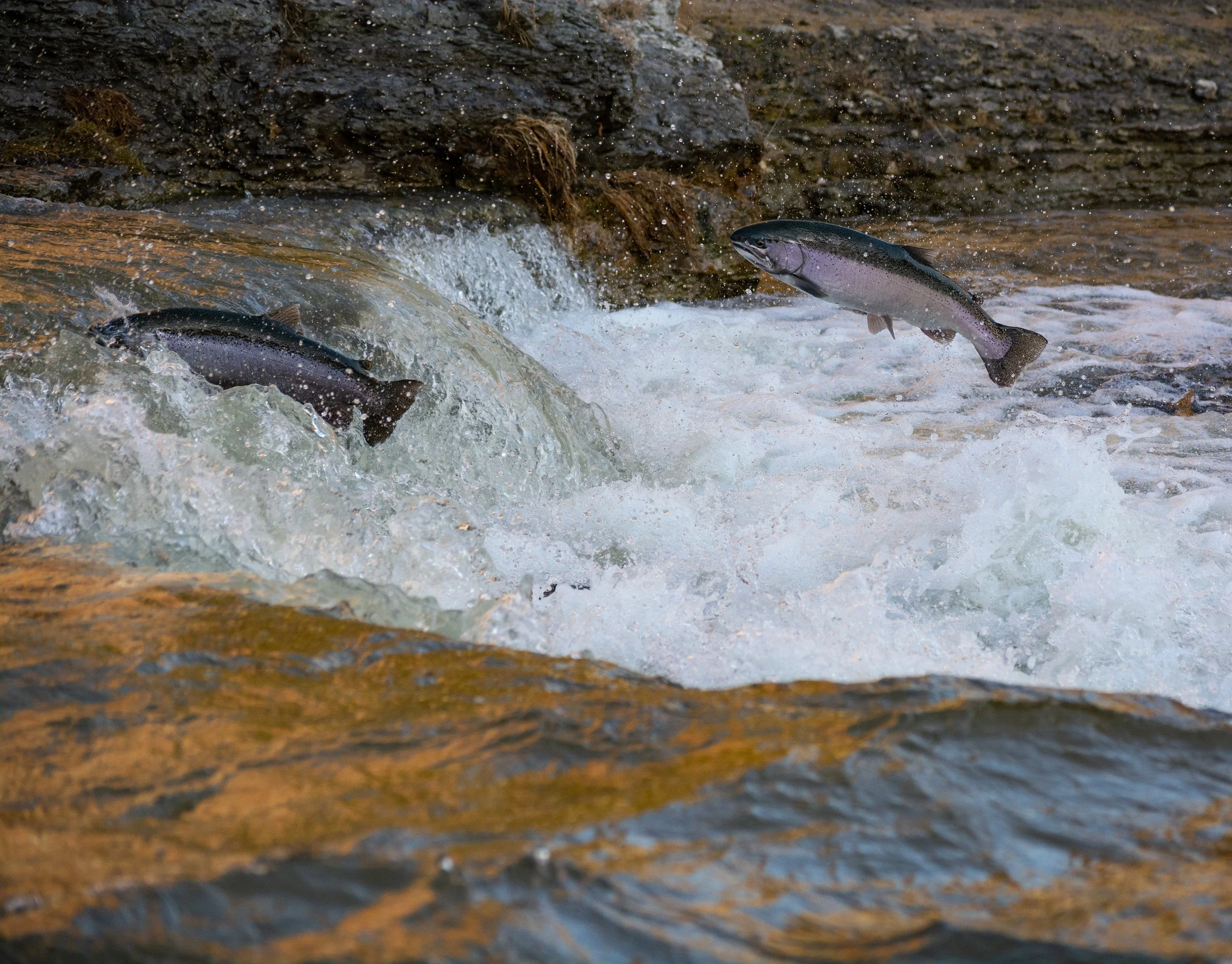Teaching Resources - Biosphere Booklets
The MABR is excited to launch its brand new Biosphere Booklets! These booklets focus on various aspects of sustainability and utilize the current BC Curriculum to provide teachers with new and exciting ways to engage their students with sustainability at the local level. Each booklet includes a lesson plan and several activities, some of which can be taken outdoors. Booklets are currently available for grades 1-7.
Youth who complete 5 of the following booklets will receive an MABR Sustainability Certificate from our UNESCO designated biosphere region!
We appreciate your feedback so we can make improvements. Please send your comments to Jessica Pyett at Jessica.Pyett@viu.ca.
Biodiversity
This booklet introduces the concept of biodiversity to students and promotes a greater awareness of their environment, the importance of biodiversity, and how it affects us (including economically). Activities involve outdoor exploration as well as indoor worksheets and discussion topics. Students will examine some of the current threats to biodiversity as well as what can we do to help.
botany
This booklet reviews the topics of botany and plant species, then introduces the concept of native plant species and First Nations usage of plants around Vancouver Island. This booklet discusses the importance of preserving native plant species. After a series of discussions, students will complete a scavenger hunt to apply knowledge in an outdoor setting.
ecological footprints
Utilizing the Global Footprint Networks Footprint calculator, this activity has students reflect on their consumption patterns to determine their ecological footprint. The three worksheet sections aim to have students reflect on their consumption habits, learn about their impact on the planet, and set sustainable goals in order to reduce their ecological footprints.
Ecosystems
This booklet introduces students to the topic of ecosystems. Activities involve outdoor exploration as well as indoor worksheets and discussion topics. Students will examine different types of ecosystems, focusing on the interaction between living and non-living things.
Keystone Species
This booklet introduces keystone species; including what they are, local examples, and their respective importance and impact on ecosystems. Activities involve outdoor exploration as well as indoor worksheets and discussion topics.
Marine Food Webs
This booklet introduces students to several aspects of the marine food web, the roles that different organisms play in it, how they interact, and why they are important. It highlights the crucial interdependence of the animals in their ecosystem.
Renewable Energy
This booklet explores different types of renewable energy sources by introducing the topic and providing local examples on Vancouver Island. By discussing each type of renewable energy source in detail, students will obtain an understanding of how each source works.
Sustainable Cities
This booklet introduces five sustainability themes to students (energy, food, waste, nature, and transport), and discusses the importance of these concepts within everyday life. Students will create their own 2-D model of their sustainable city, with the option of creating a 3-D model utilizing information given.
Watershed Health
This booklet introduces students to what watersheds are, how they are impacted by human activities, why they are important, as well as the nine watersheds we have in British Columbia.
17 Sustainable Development Goals
This booklet introduces the United Nations 17 Sustainable Development Goals (SDGs); including what they are, why they are important to a sustainable future, and how students can implement the goals into their lives. Activities involve: reflection on world inequality, SDG brainstorming, and problem identification and action plan.











